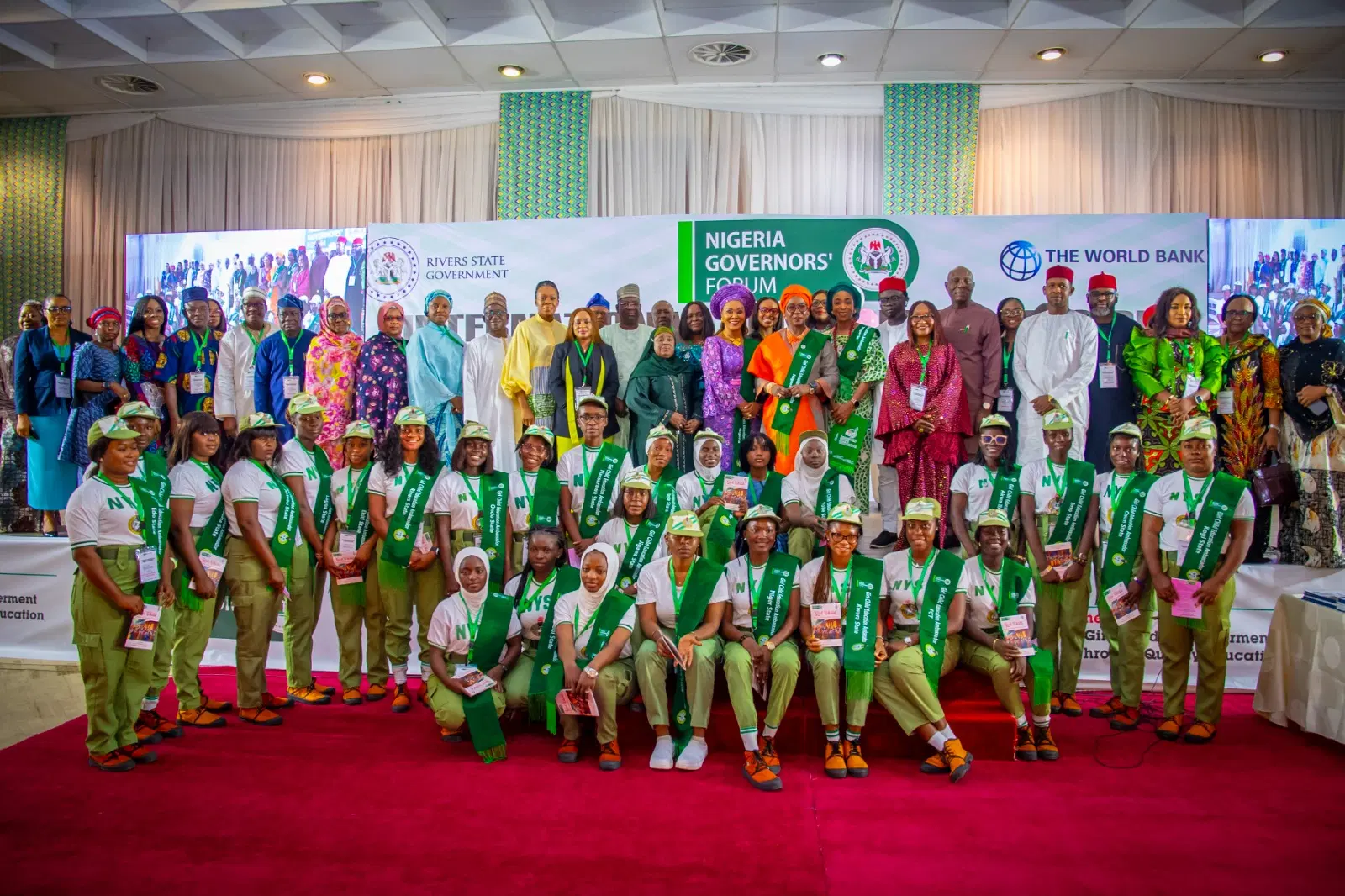Across the globe, millions of girls confront significant obstacles that prevent them from accessing education, healthcare, and basic human rights. According to UNESCO, as of 2023, approximately 129 million girls remain out of school, underscoring the entrenched inequalities in educational access. This crisis is particularly severe in sub-Saharan Africa, where cultural barriers, poverty, and insecurity disproportionately hinder girls’ educational opportunities.
In Nigeria, the statistics are alarming, with 10.5 million children out of school, over 60 percent of whom are girls. For many of these girls, their education is often interrupted by early marriage and the urgent need to contribute to their families’ survival. The National Bureau of Statistics reveals that 45.7 percent of girls in Northern Nigeria are married before the age of 18, often signaling the end of their formal education.
This cycle of poverty and early marriage severely limits educational access, leading to lower literacy rates and diminished economic opportunities for girls.
Aisha’s Inspiring Journey
Aisha, a young girl from Ilorin, Nigeria, exemplifies the harsh realities faced by many girls in her community. Raised by her 75-year-old grandmother, she spent her days selling sachet water in bustling markets to help support her family. Balancing a tray on her head, she navigated crowded streets, striving to earn enough to make ends meet. Despite her academic potential and dream of becoming a doctor, her educational aspirations were nearly derailed by her family’s financial struggles.
However, Aisha’s fortunes changed when she received a scholarship from the Oando Foundation through their flagship program, the Adopt-a-School Initiative. This opportunity allowed her to continue her secondary education, where she excelled as one of the top students in her class.
Reflecting on her journey, Aisha expressed her gratitude: “I will be forever grateful to Oando Foundation. They gave me this second chance.” Her story highlights the transformative power of educational support in changing lives, even amidst adversity.
Conclusion
Aisha’s experience underscores the importance of initiatives aimed at empowering girls through education. With the right support, girls can break the cycle of poverty and achieve their dreams, ultimately contributing to the betterment of their communities and societies.

